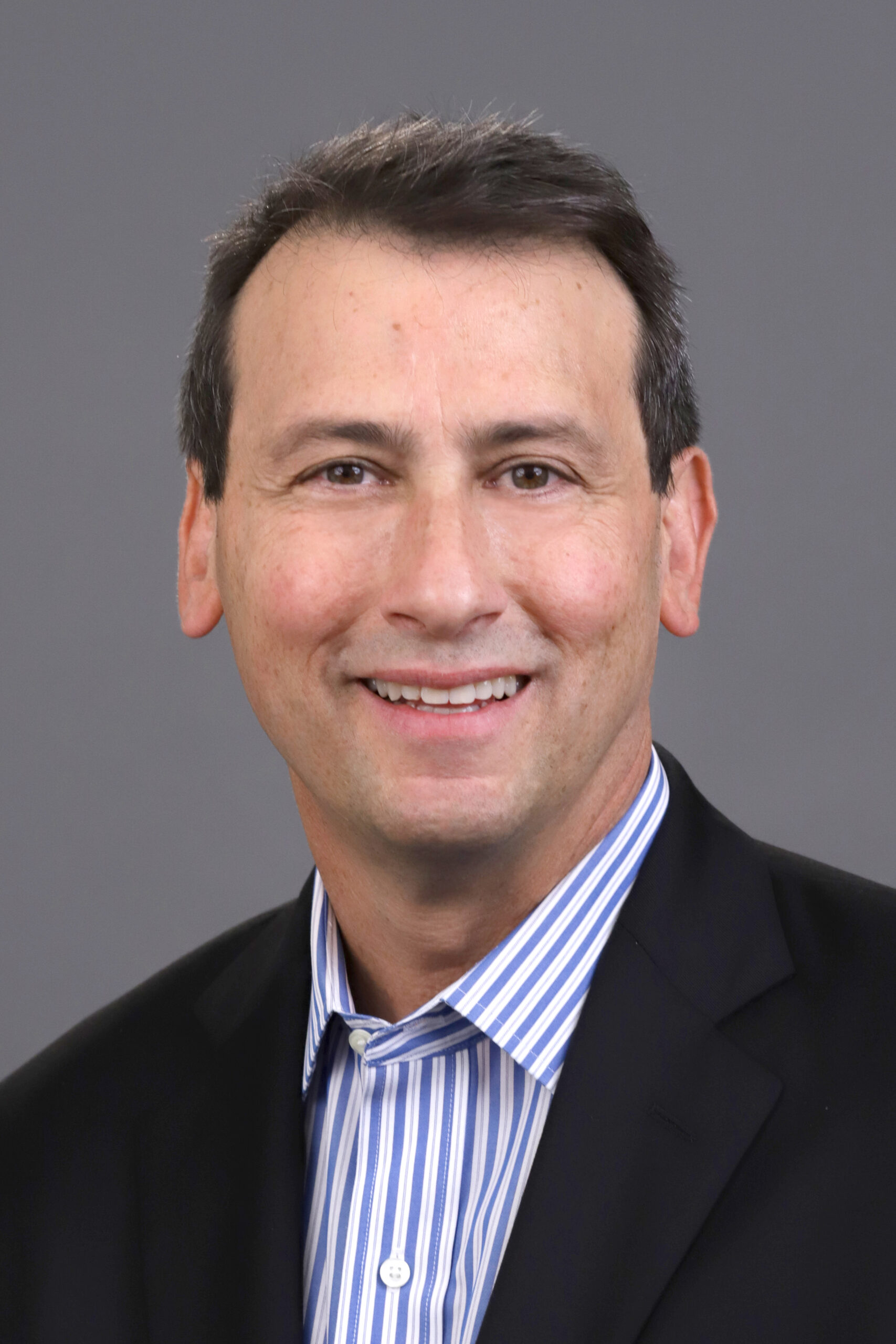Millimeter Wave Coalition Presentation
Consumption Factory (CF) theory Waste Factor (W) and Consumption Efficiency Factor (CEF): Two new metrics to reduce wasted power and maximize energy use.
Presented by Prof. Theodore (Ted) S. Rappaport, Founding Director, NYU WIRELESS
February 23, 2023
References:
O. Kanhere, H. Poddar, Y. Xing, D. Shakya, S. Ju and T. S. Rappaport, “A Power Efficiency Metric for Comparing Energy Consumption in Future Wireless Networks in the Millimeter-Wave and Terahertz Bands,” in IEEE Wireless Communications, vol. 29, no. 6, pp. 56-63, December 2022, doi: 10.1109/MWC.005.2200083.
J. N. Murdock and T. S. Rappaport, “Consumption Factor and Power-Efficiency Factor: A Theory for Evaluating the Energy Efficiency of Cascaded Communication Systems,” in IEEE Journal on Selected Areas in Communications, vol. 32, no. 2, pp. 221-236, February 2014, doi: 10.1109/JSAC.2014.141204.
State of the Art in 60-GHz Integrated Circuits and Systems for Wireless Communications
T. S. Rappaport, J. N. Murdock and F. Gutierrez, “State of the Art in 60-GHz Integrated Circuits and Systems for Wireless Communications,” in Proceedings of the IEEE, vol. 99, no. 8, pp. 1390-1436, Aug. 2011, doi: 10.1109/JPROC.2011.2143650.
Webinar Presenter:
Theodore (Ted) S. Rappaport is the David Lee/Ernst Weber Professor at New York University (NYU) and holds faculty appointments in the Electrical and Computer Engineering Department, the Courant Computer Science Department, and the NYU Langone School of Medicine. He founded NYU WIRELESS, a multidisciplinary research center, and the wireless research centers at the University of Texas Austin (WNCG) and Virginia Tech (MPRG). His research has provided fundamental knowledge of wireless channels used to create the first Wi-Fi standard (IEEE 802.11), the first U.S. digital TDMA and CDMA standards, the first public Wi-Fi hotspots, and more recently proved the viability of millimeter-wave and sub-THz frequencies for 5G, 6G, and beyond. He co-founded two wireless communications companies that were sold to publicly traded firms. He is a member of the National Academy of Engineering, a Fellow of the National Academy of Inventors, and the Wireless History Foundation Hall of Fame.

